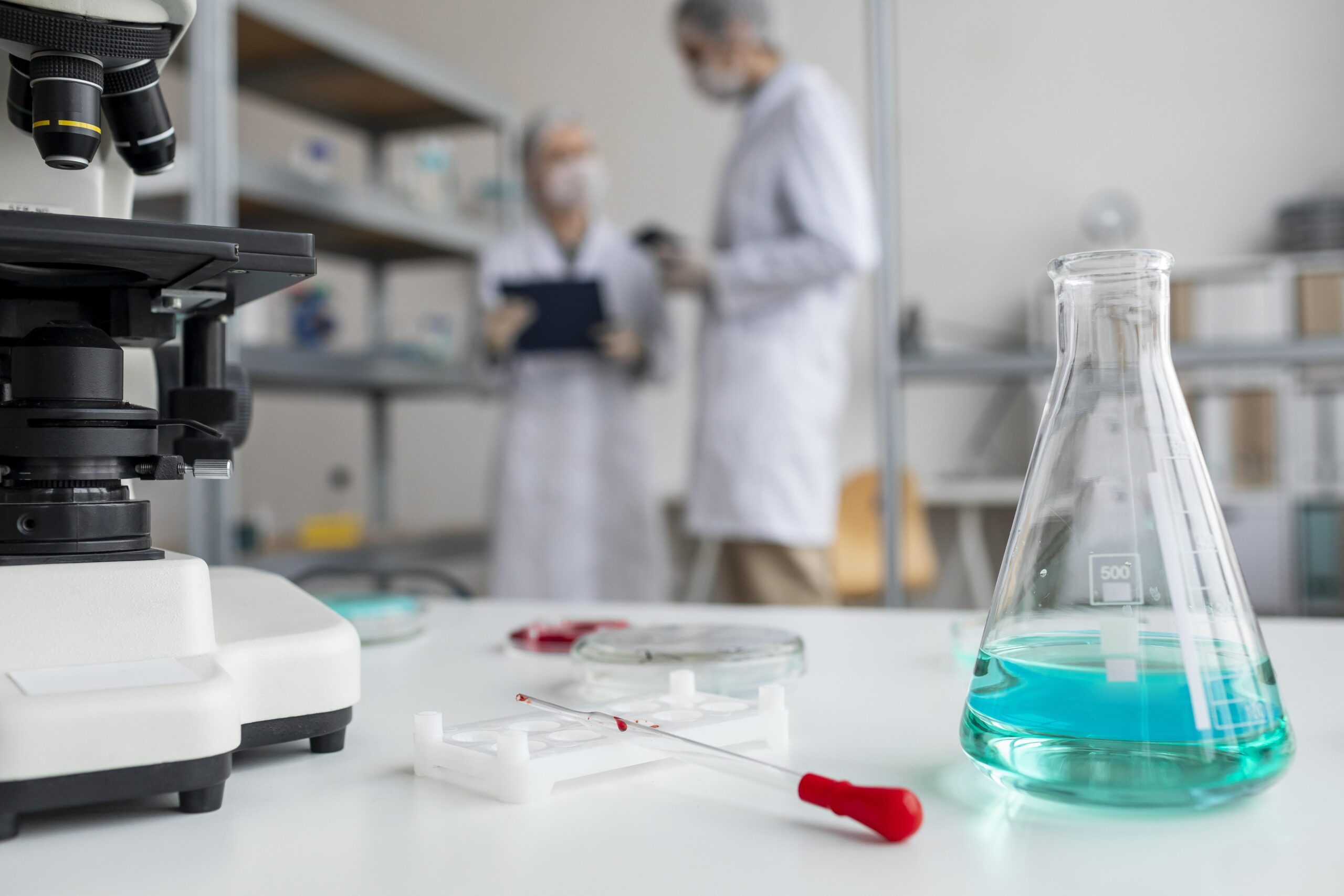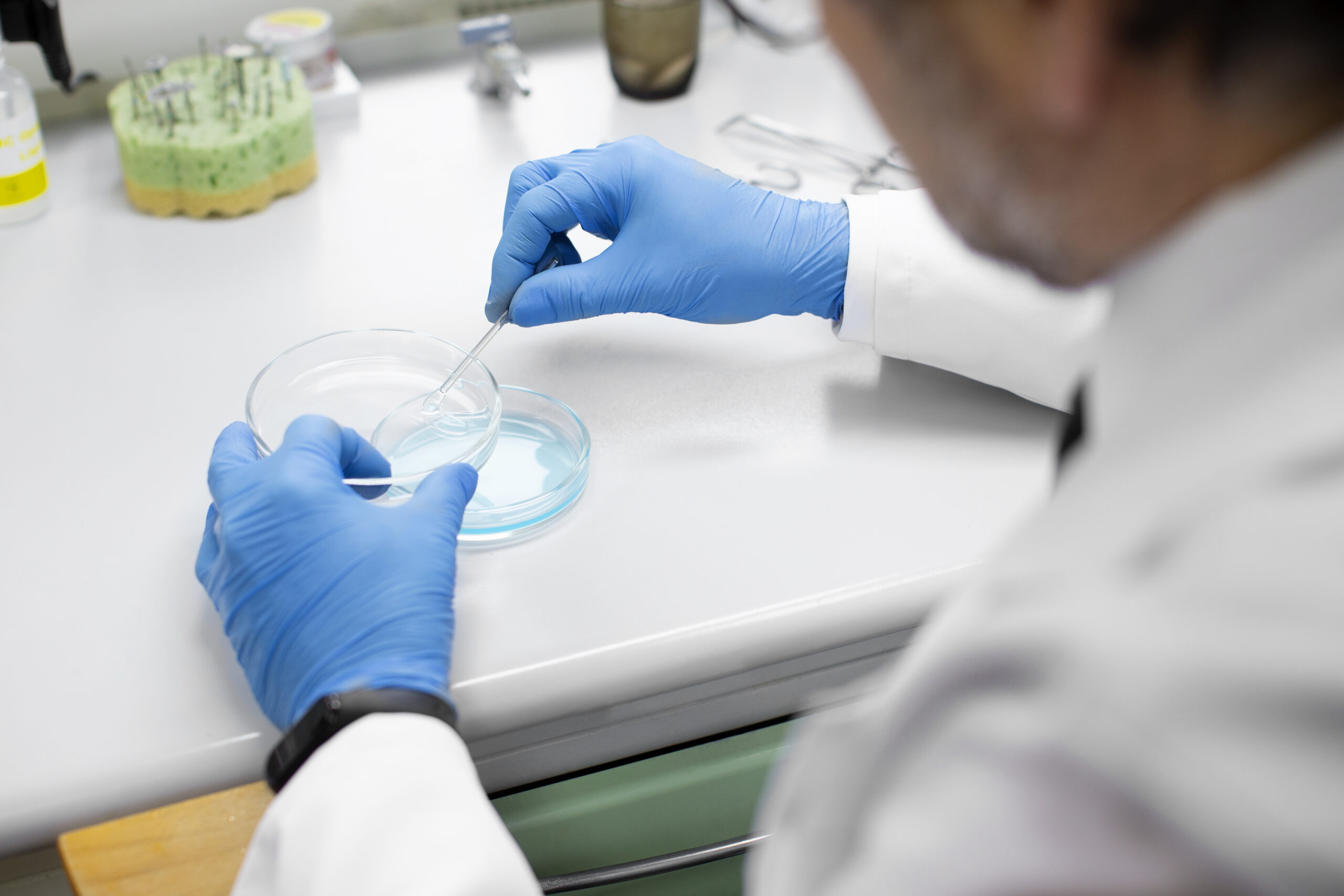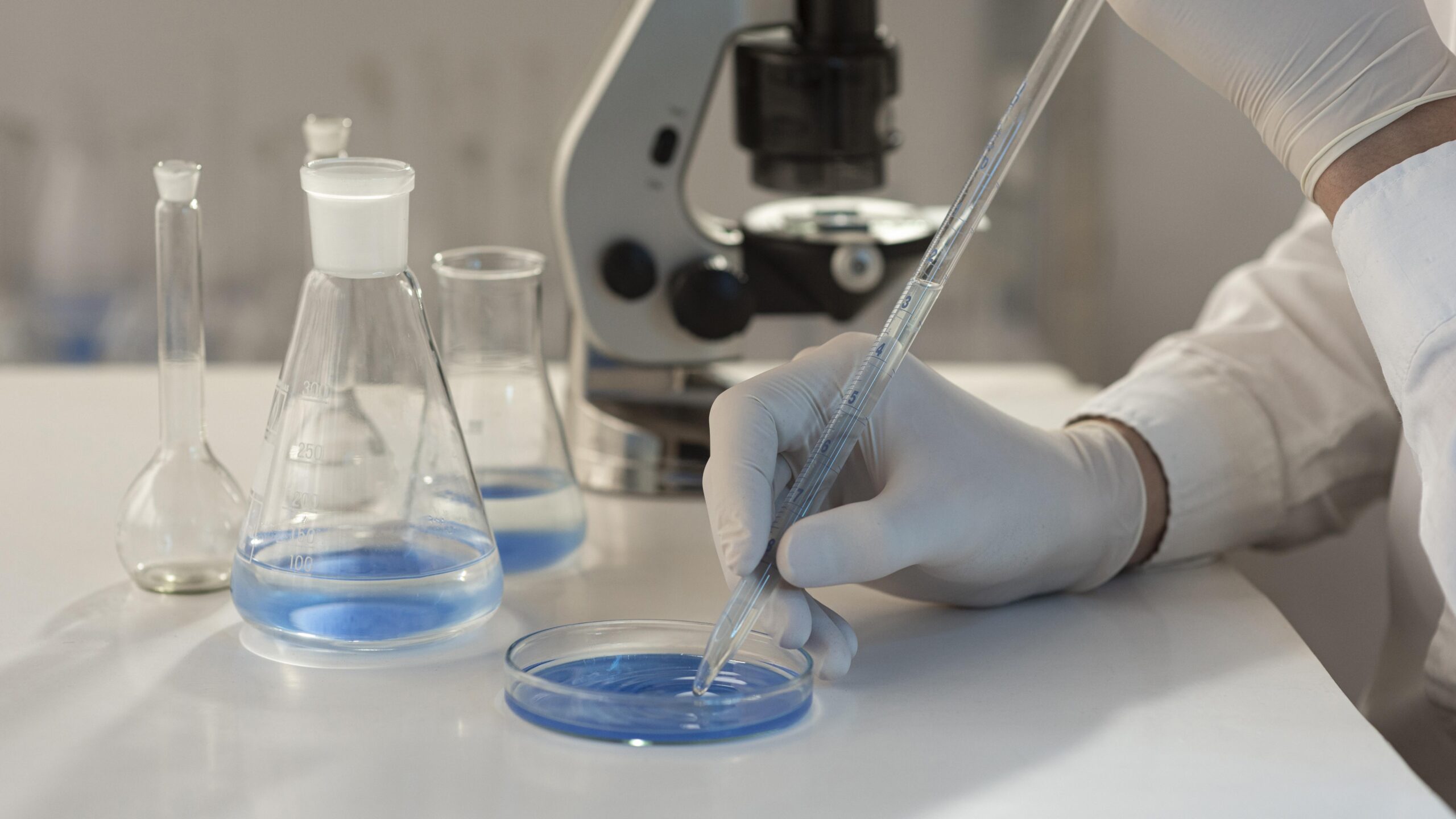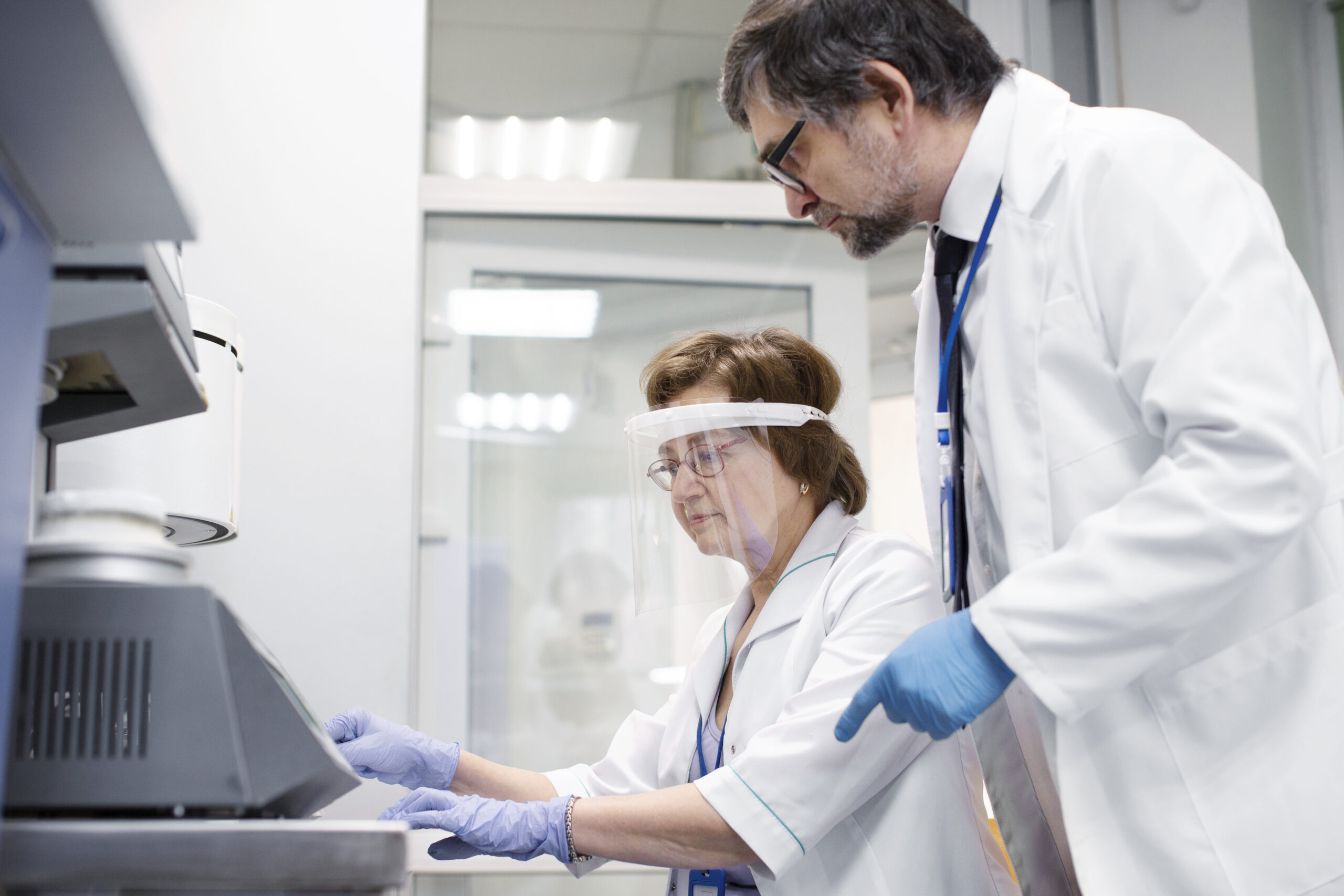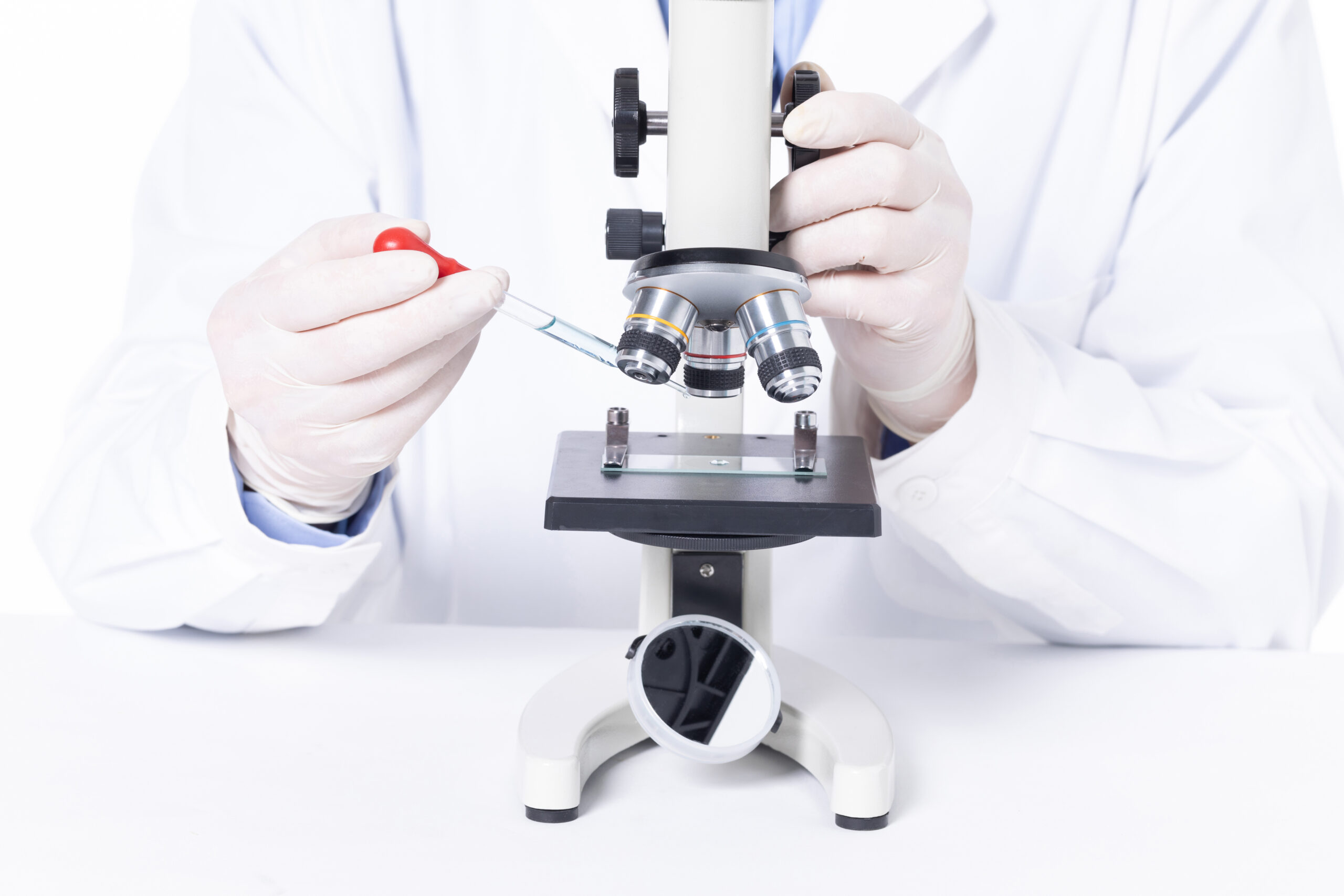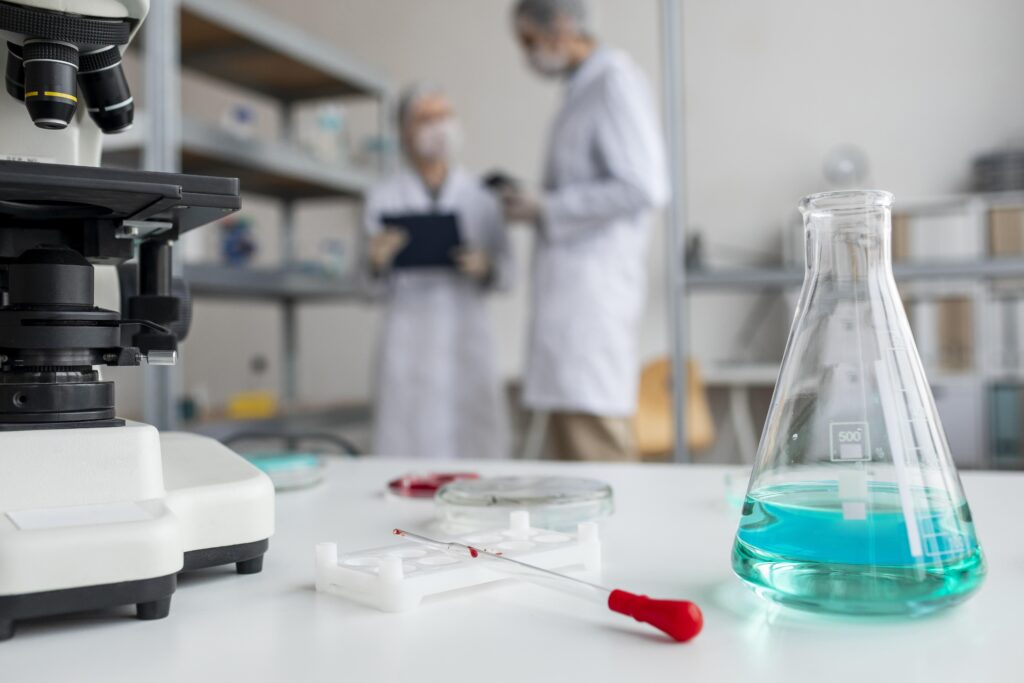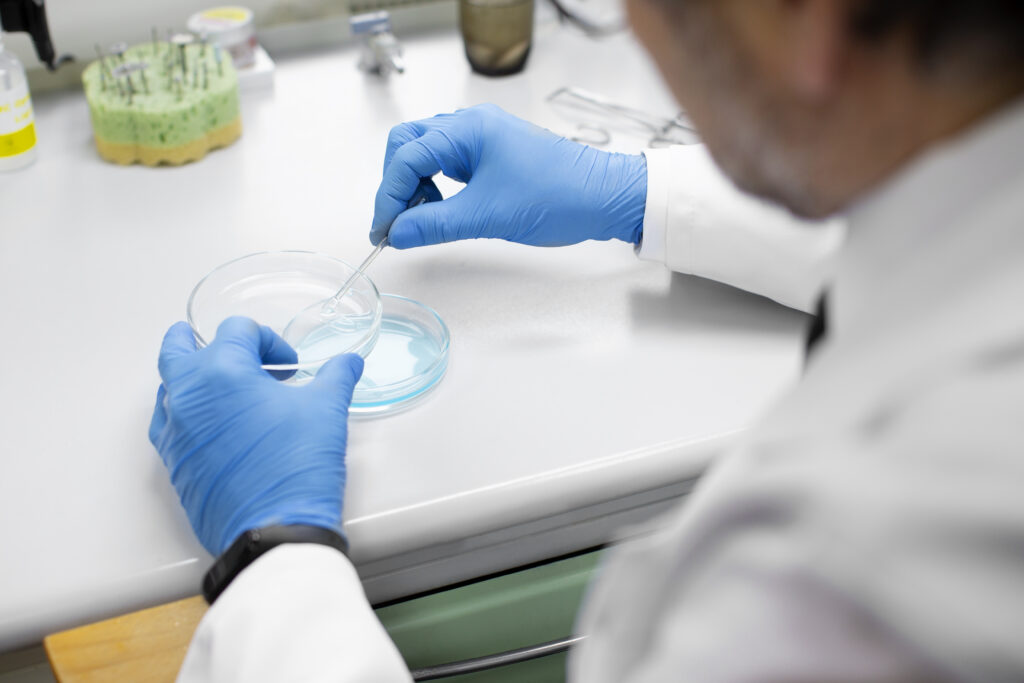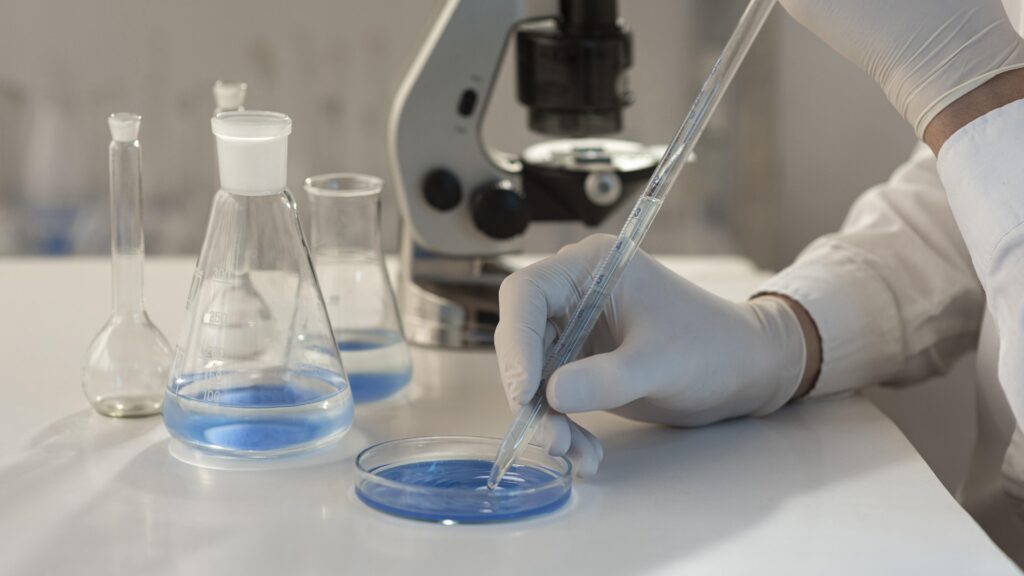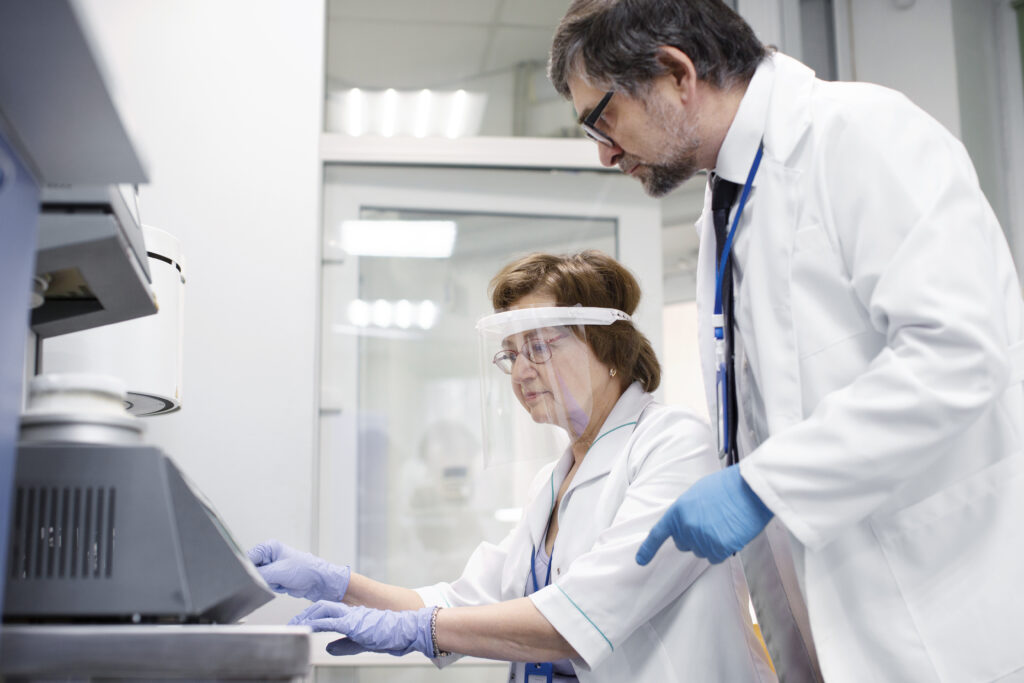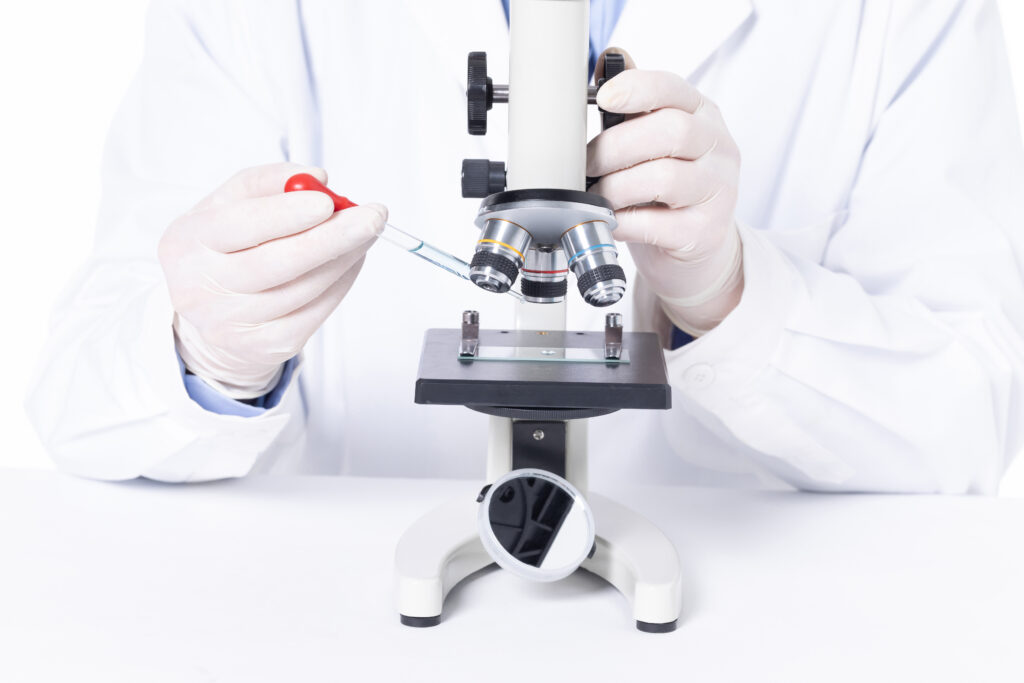In the agricultural industry, pesticides are utilized to increase the production of agricultural products and their yield by eliminating the damage-causing harmful bugs, fungi, and weeds. What pesticides testing laboratory does? It determines the concentration of pesticide residue present in the crop attained after the harvest. These testing laboratories also determine whether the pesticide residue levels are below the respective regulatory limits or are compliant with the regulators.
What is the role of the pesticide residue testing laboratory?
Pesticide residue testing is a laboratory-based examination process that helps identify the pesticide residue levels in a diverse range of food products. At laboratories, an in-depth chemical and microbiological analysis are conducted in order to measure the pesticide residue levels in all types of food products.
According to the existing regulatory structure, it is essential for food producers, manufacturers, and suppliers to acquire in-depth pesticide residue testing reports prior to shipping their products to the end consumer. The pesticides testing laboratory not only help secure consumer from potentially harmful health consequence caused by chemicals but also provide confidence to food manufacturers and producers regarding their product ingredients.
Methods of pesticide residue testing:
It is difficult to conduct pesticide residue analysis with just one technique because there are different kinds of pesticides used during the agricultural process. Moreover, pesticides are further bifurcated into diverse sub-categories and groups based on their chemical compositions. Highly sophisticated analytical methods are employed for pesticide residue testing laboratory to accurately measure the concentration of pesticides. According to the authorized and verified pesticides testing laboratory, gas chromatography-mass spectrometry and liquid chromatography-mass spectrometry are the two most commonly used techniques for measuring the concentration of pesticides in agricultural samples in bulk. Another scientific method used to detect pesticides is direct analysis in real-time DART, which is usually required by the regulatory agencies.
Benefits:
There are numerous benefits, which food product manufacturers can attain from a pesticide residue testing laboratory. With pesticide residue analysis and testing, food suppliers can minimize the quality and safety issues associated with their products. Testing laboratories such as SMSLA help companies shorten their time to market, thanks to the sophisticated pesticide residue analysis and testing infrastructure including in-depth knowledge of regulations. The best part is that the pesticides testing laboratory services parallelly work with the entire product development lifecycle to ensure compliance with domestic and international regulations and standards.
SMSLA global has the specific technical expertise and necessary infrastructural pesticide residue testing laboratory required to meet various regulatory standards across all domains. We cater to a wide range of industries and companies all over the world. At our laboratories, we have a large library of pesticide standards which are required to identify trace levels of pesticides in all types of products.
Our pesticide residue analysis and testing processes help detect a wide range of pesticides like fungicides, herbicides, insecticides, molluscicides, and rodenticides present in the products. At our facilities, to meet the regulatory standards, pesticide residue testing are conducted across a wide range of food categories such as Animal food, beverages, cereals, coconut, edible oils, herbs, infant foods, nuts, and natural waxes, including residues in water.

